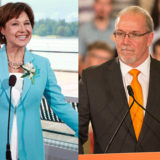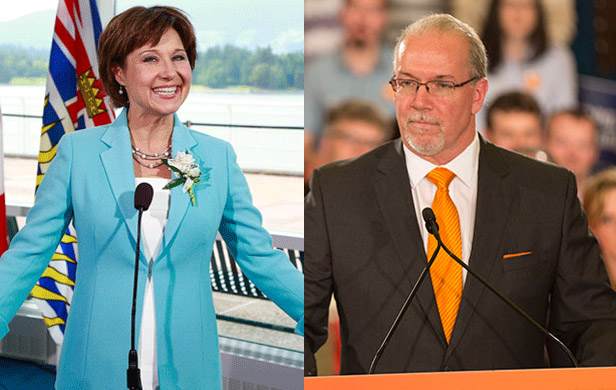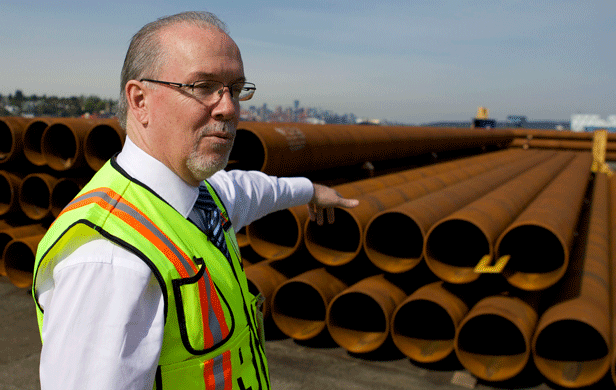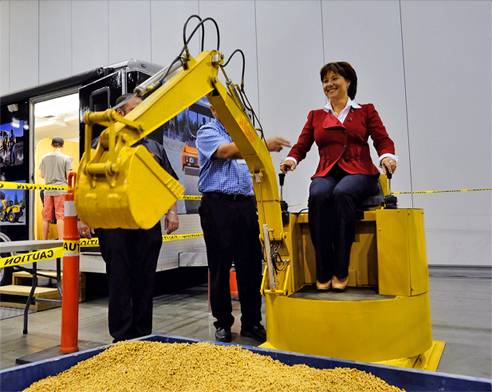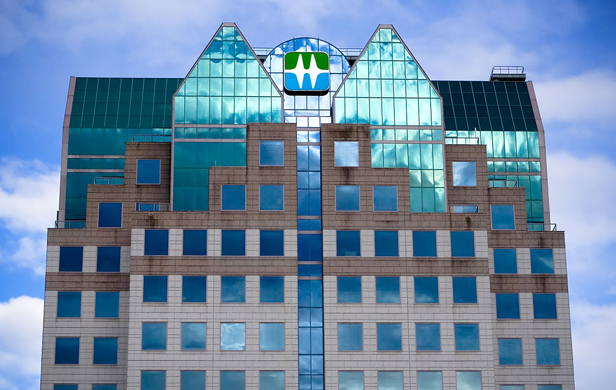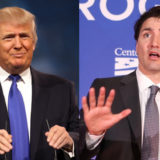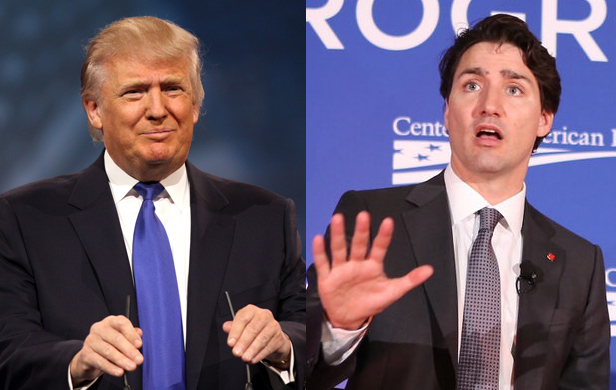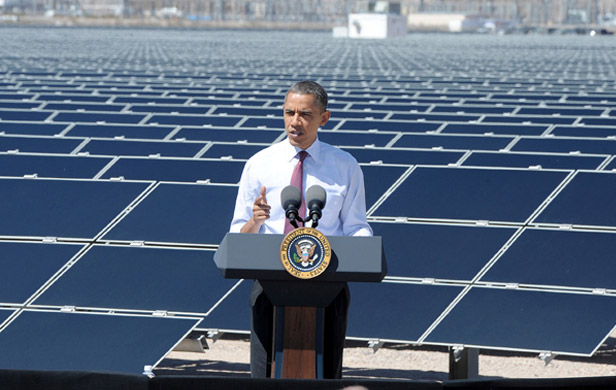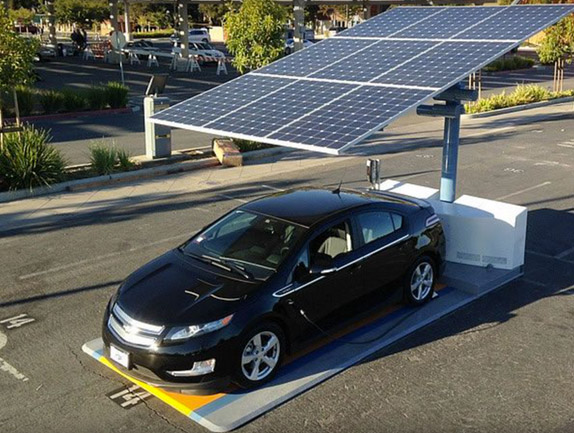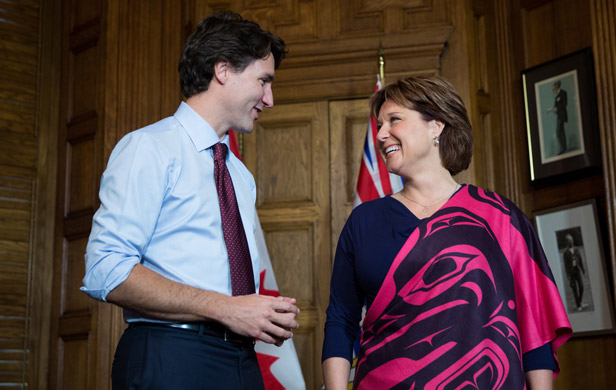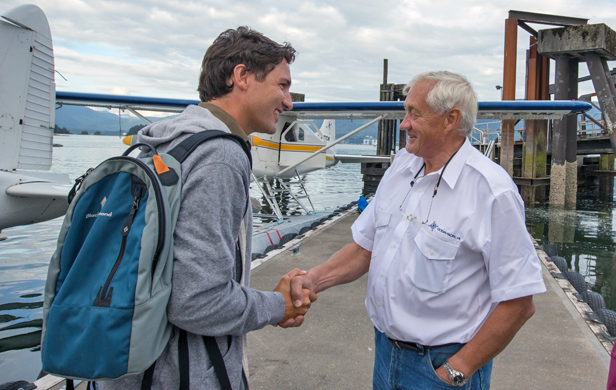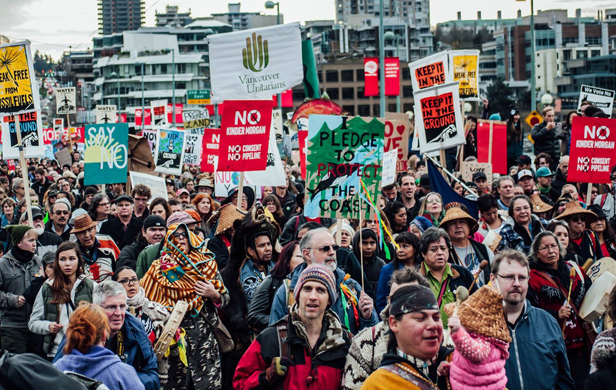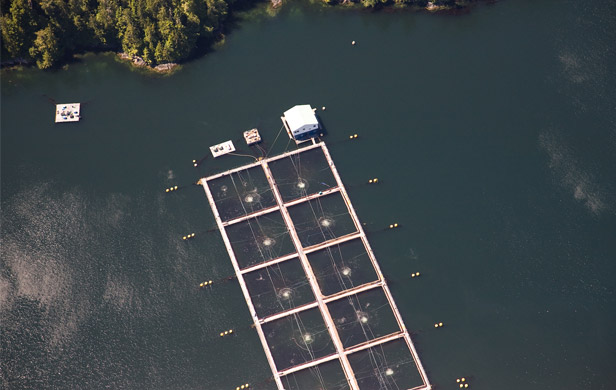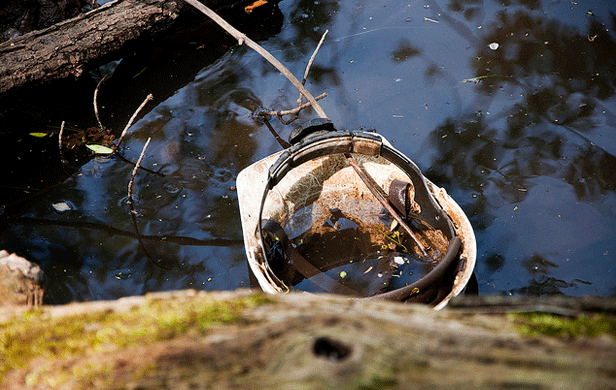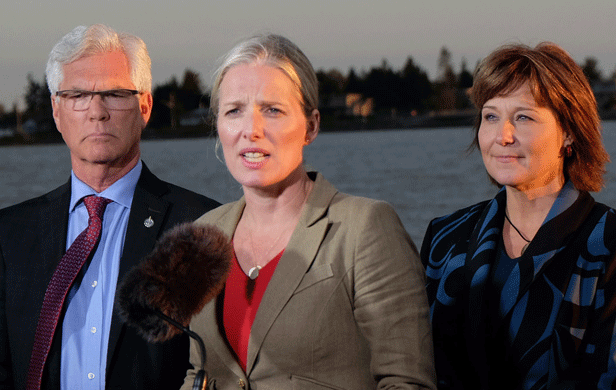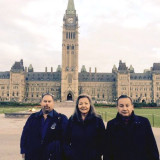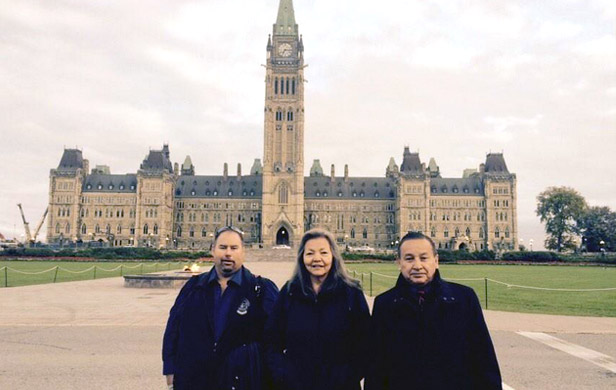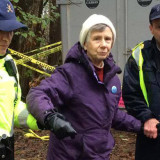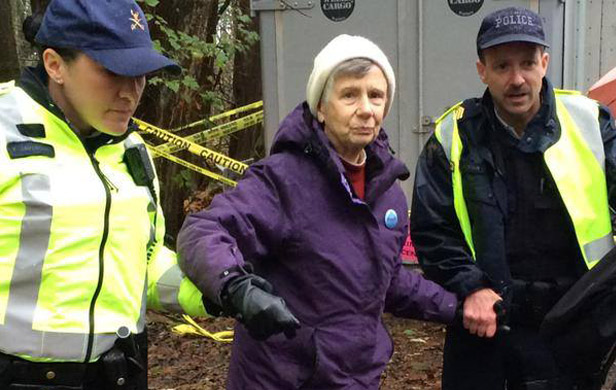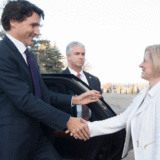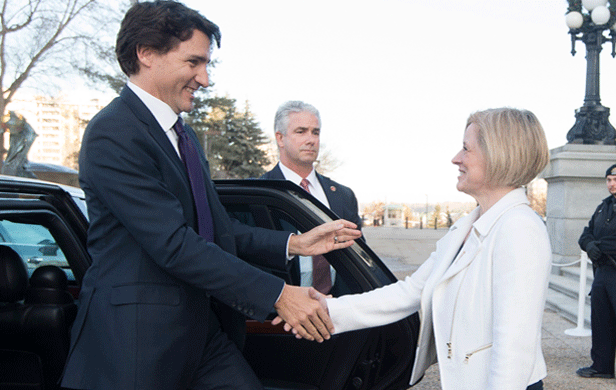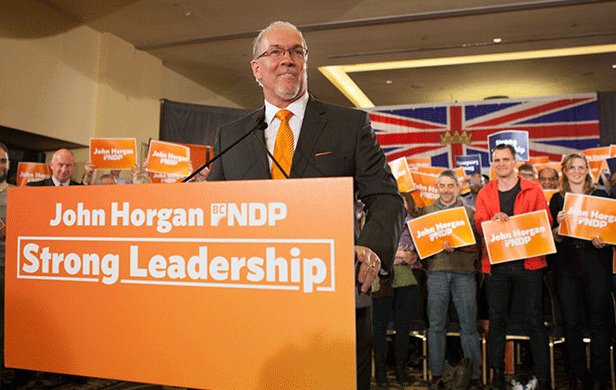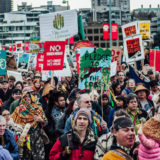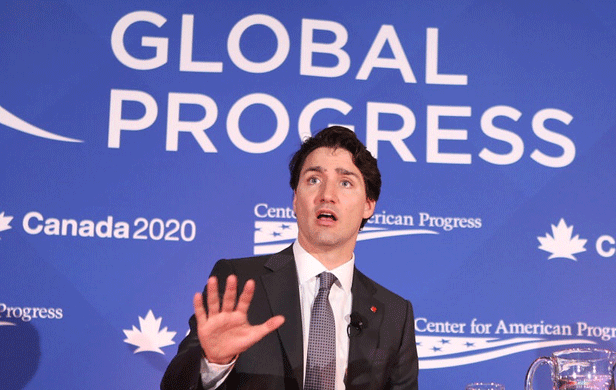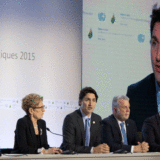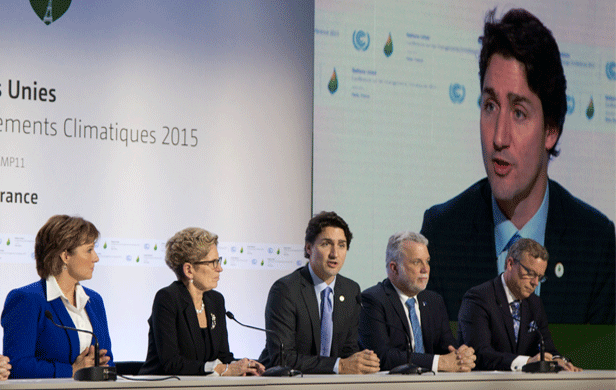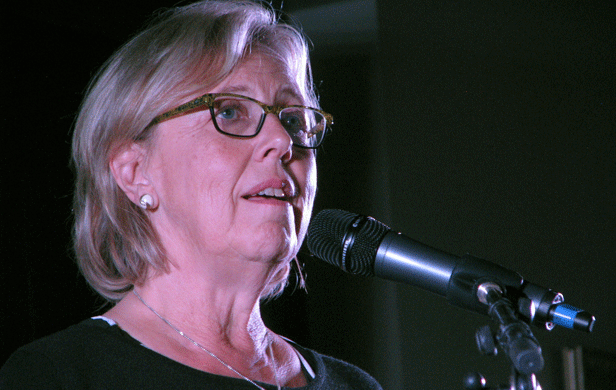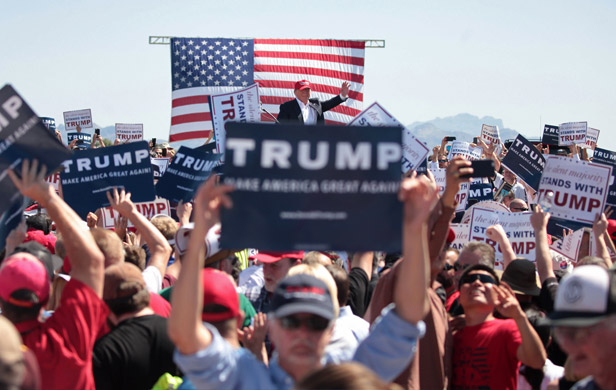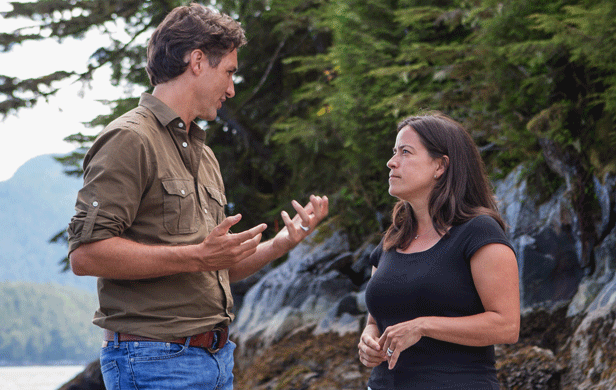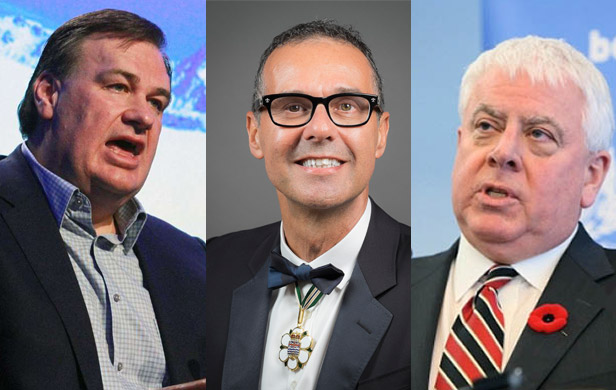
The following is re-published with permission from author Roy Hales and The Eco-Report.
It’s been a fortnight since the New York Times carried the story. The author, Dan Levin, told Global News:
[quote]If this were in Russia or China or the Balkans or some developing-world country, it would just be written off as nepotism or corruption, but here [in British Columbia], because it’s not illegal, it seems to just get a pass.[/quote]
Corporate and union donations to political parties are banned in Nova Scotia, Manitoba, Alberta and Ontario, but not in British Columbia. NDP MLA David Eby believes the corruption runs much deeper than the $50,000-a-year “commission” Premier Clark has been receiving from her party’s campaign chest. In the firestorm of criticism following the Times story, she has swapped her stipend for what is potentially an equally rich expense account, but the issue remains: The rich and connected appear to run British Columbia.
All about access
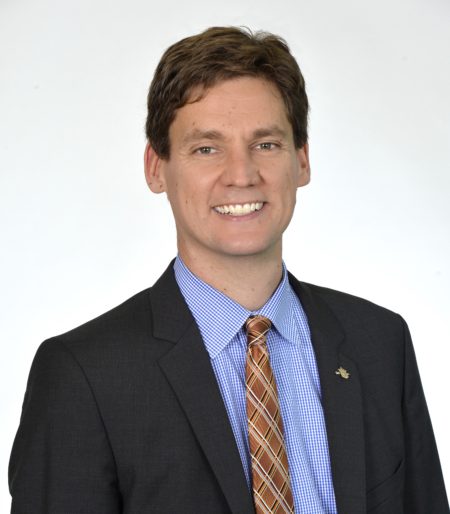
“We seem to be getting further and further away from the idea that citizens can directly influence government through traditional democratic avenues, whether it’s writing a letter or through a protest, or talking to a politician. We are shifting towards a model where the people who get access to the Premier, to the cabinet, to decisions makers are lobbyists and political donors,” Eby told me in a recent interview.
“The government recently passed legislation allowing unlimited spending until the 30-day-writ period. Previously there had been a restriction on that spending.”
“I couldn’t get my head around why this is happening until we got the results from my conflict of interests complaint and that indicated that the Premier receives a very significant personal benefit from the existing system. She gets $50,000 from the Liberal party of BC, which comes from pooled political donations to that party. So she has a $50,000 incentive, each year, to not change the system. A change in the system would mean she would not have the money to take home because the Liberal party would not have as much money.”
Dermod Travis, executive director of the public watchdog group IntegrityBC, told the New York Times, “When anyone anywhere in the world can donate as much as they want to the system, you have an even bigger threat to the system…What it says to people is money talks and votes don’t.”
Did not respond
Neither the Premier’s Office or the BC Liberal party responded to, or acknowledged, the questions I emailed them.
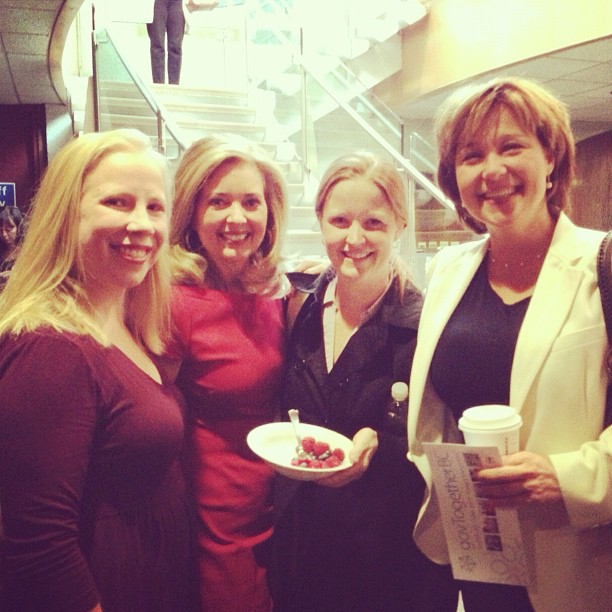
This is a stark contrast to the highly efficient performance of individual ministries public relations personal during the past two years.
More so because, according to a recent article in Common Ground, Premier Clark’s “communication army now numbers more than 200, 10 times the number of reporters in BC’s press gallery.” Many, like Clark’s old friend Pamela Martin, now the BC Liberal director of engagement, are well known media personnel.
Former BCTV Morning host Steve Darling and popular reporter Jas Johol have left journalism to run as BC Liberal candidates.
Eby explained, “The Liberals are confident that the volume of donations that they get insulates them from any public concern because they can just run repeated ads through-out the election cycle and convince people that they are not quite as bad as they might seem in the news reports. They do have millions of dollars to shift public opinion.”
$12 million war chest
Deputy Premier Rich Coleman did tell a group of reporters, including Metro News, that the New York Times story is “laughable.”
He explained, “We go out and work very hard to raise money and make those connections.”
According to a recent NDP press release, 1.5% of B.C. Liberal donors account for half of the more than $12 million the party raised in 2016.
“A tiny number of millionaires have our premier in their pocket, and it has to end,” said NDP leader John Horgan.
Real Estate donations and housing crisis
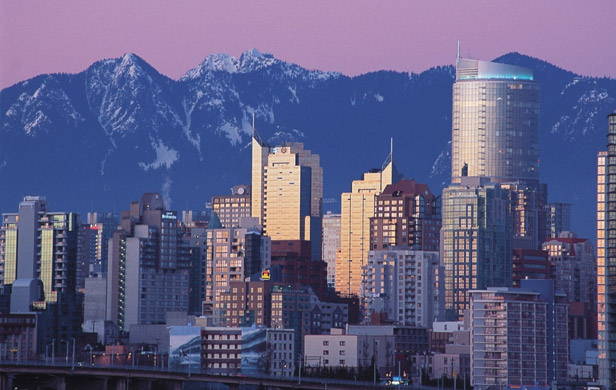
Eby pointed to the province’s high priced housing as an illustration of what this means.
“We went through a two year period of trying to convince the provincial government that we were in a housing crisis. International money was driving prices beyond the reach of local buyers. Housing prices were putting the local economy at risk. The government made fun of us and said it was crazy.”
“I believe that the reason for the lack of action on the housing crisis is that 7 of their 10 largest donors are real estate development companies. The people who made these donations had a very strong interest to keep the high prices going because they were profiting quite handsomely. During the period that the government didn’t act, the average house price in Vancouver went up $600,000.”
Kinder Morgan, Imperial Metals among biggest donors
The New York Times suggested that the provincial governments recent reversal of its’ position on the proposed Trans Mountain Pipeline expansion is connected to some timely campaign donations:
[quote]On Thursday, Ms. Clark’s government approved the Kinder Morgan Trans Mountain oil pipeline project, after opposing the proposal at hearings last January. Political donation records show that Kinder Morgan and other oil industry supporters of the project had donated more than $718,000 Canadian dollars, about $546,000, to the BC Liberal party through March 2016.[/quote]
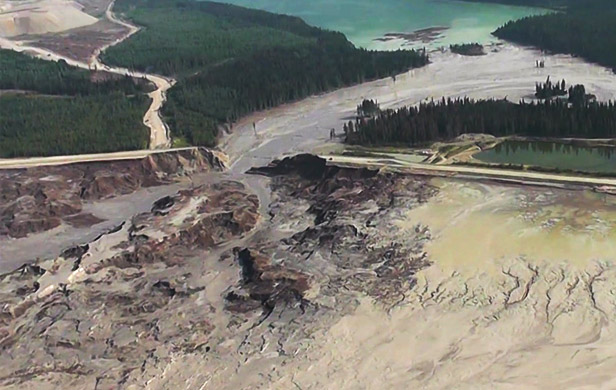
Another big contributor is Imperial Metals, owners of the Mount Polley mine.
“When fossil fuel companies are able to throw their money around in our political process, it is a detriment to both our democracy and our climate. It makes our job that much harder,” Peter McCartney of the Wilderness Committee told me. “For a province with such an abundance of natural beauty that is in the cross-hairs of global mining, forestry and fossil fuel companies, that’s a recipe for disaster. It’s very clear British Columbia is far behind other jurisdictions who have banned big money in politics. It’s about time we caught up,”
Site C: latest example of big money’s influence?
Eby did not know if there were sizeable campaign donations behind the provincial government’s obstinate determination to build the Site C Dam.
“I haven’t done that research, but I’d be shocked if there weren’t. I get shocked if there is a major infrastructure project and the person awarded the successful project does not have a history of making donations and does not make a donation in the following year. It just doesn’t happen,” he said.
A recent Insights West poll found that 73% of British Columbians support sending the Site C dam for an independent review of both costs and demand, as recommended by the Joint (Federal and Provincial) Review Panel’s report.
The Clark government has steadfastly avoided this and Harry Swain, former Chair of the Joint Review Panel, has become one of the project’s most outspoken critics.
The Union of BC Municipalities, BC Hydro Ratepayers Association, 250 professors from across Canada, Union of BC Indian Chiefs, Assembly of First Nations and National Farmers Union are among the many organizations that have voiced their opposition.
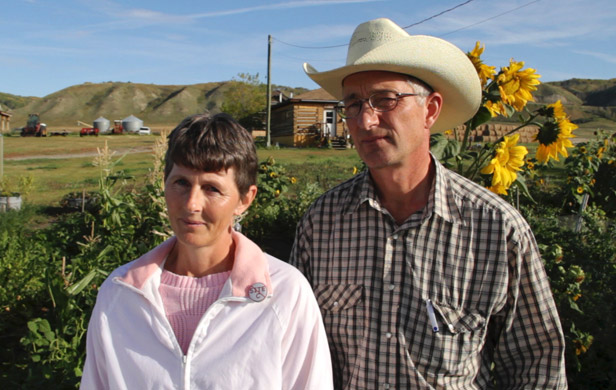
This is of limited comfort to Ken and Arlene Boon, whose farm in the Peace River Valley was expropriated by BC Hydro on December 15. They are the third generation to live on this property, which could soon be submerged beneath the dam’s reservoir.
“We are permitted to stay in the house until May 31st. Then we will move back to our little strip of remainder land to a second small house we have there. Biggest hope for us is the upcoming election…and maybe we will not even have to move this spring?” said Boon.
He added, “We have to take big money out politics to help take away corruption, or even perception of such. We are slowly being drawn further into the world of election cycles where big money wins the day, and of course that is just wrong on many levels. In fact, why do we even allow (corporate?) campaign contributions, and all the problems that arise from that?”
At least one of the companies connected to Site C has made extensive contributions to Clark’s political party. DeSmog Canada reports that KPMG – the accounting firm that reviewed the anticipated costs of Site C for BC Hydro – and its related companies donated $284,994 to the BC Liberals between 2004 and 2014.
Hitting the jackpot
The worst example that Eby has seen was a contract put up by the BC Lotteries Corporation.
“During the tendering process, one bidder made a $50,000 dollar donation to the BC Liberal party. They won the bid. Even if those two processes were completely insulated from each other, that looks pretty bad to someone from the outside. Sometimes the appearance of conflict of interest is as corrosive to public confidence as an actual conflict of interest.”
Having someone make a donation like that in the middle of a bidding process “really stinks.”
$20,000 a plate
“I think this government can’t be trusted to look after the public interest because they are so under the influence of their donors.”
He cited the example of the dinner parties that the BC Liberals now hold at private residences. Do you think participants are paying between $10,000 and $20,000 just to see Christy Clark and her senior cabinet ministers? Or are they hoping to get something for their money? Who do you think the Premier will pay more attention to, someone who writes a letter or the person who pays $20,000 for the opportunity to say, “Listen, I think the province should be doing this, or shouldn’t be doing that.”
“Corruption isn’t handing a bag full of money to someone and saying give us this project. It’s often a relationship built over time, through a series of things like donations and buying tickets for fund raisers and so on. That results in a relationship that causes someone to want to favour one particular proponent. It may not be one to one, but if a company has made 10 donations totalling more than $700,000 over three or four years, that’s going to have an influence over how the government feels about that company and whether or not they get government contracts,” said Eby.
Banning corporate and union donations
After the provincial legislature resumes sitting, on February 14, NDP Leader John Horgan will bring forward a private members’ bill to ban union and corporate donations and limit the amount private individuals can contribute.
This is the seventh time his party has brought a bill of this kind forward. For obvious reasons, they do not expect much support from the Liberal side of the House.
“There are two models. One is where you only permit limited donations from individuals and the other is where you have public funding on a per vote basis. Every vote you get, for example, would result in a 30 cent contribution from the public purse,” said Eby.
“The BC NDP support the model of limited personal donations, not a public funding model. I think that strikes the right balance. You still have to get out there and people have to want to support you, but it also sets limits to your political contributions.”


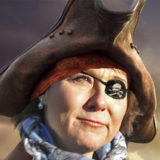
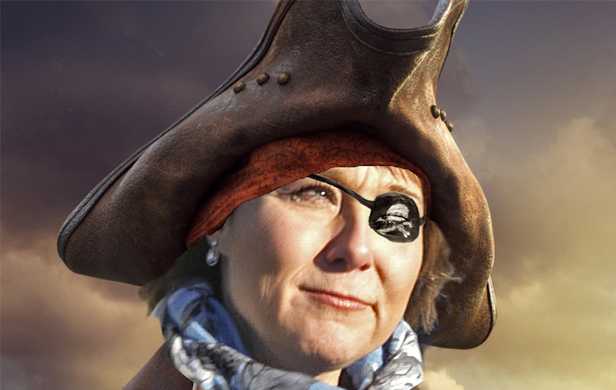
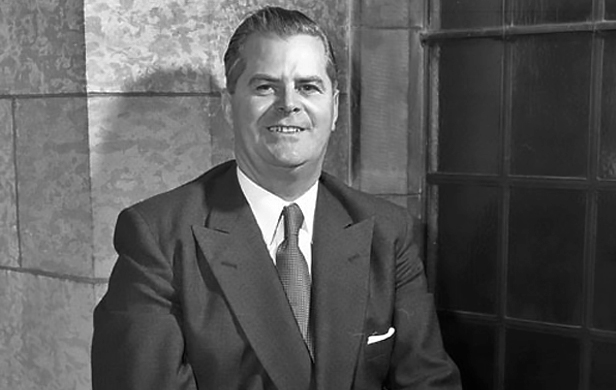


 So, for every dollar we pay them, we lose more than 72 cents.
So, for every dollar we pay them, we lose more than 72 cents.
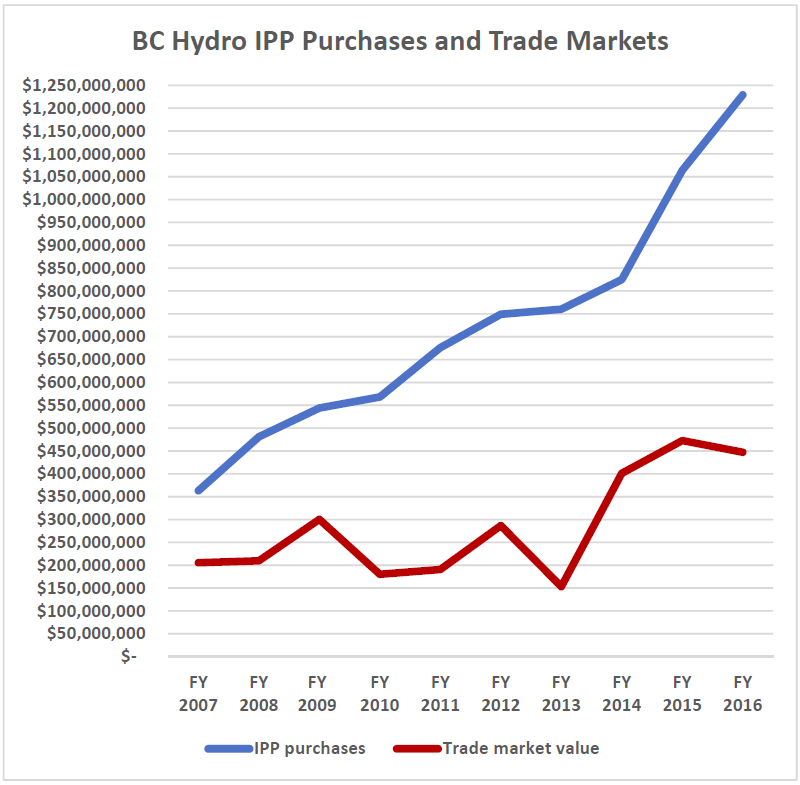
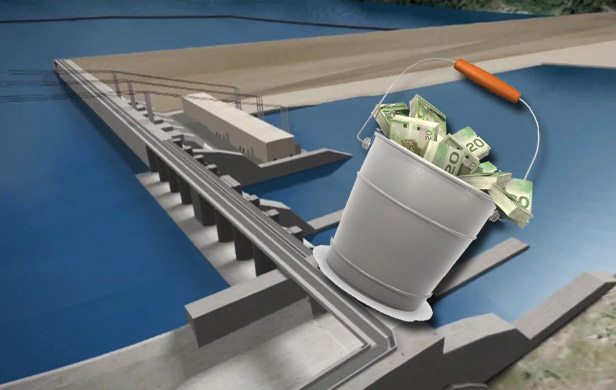
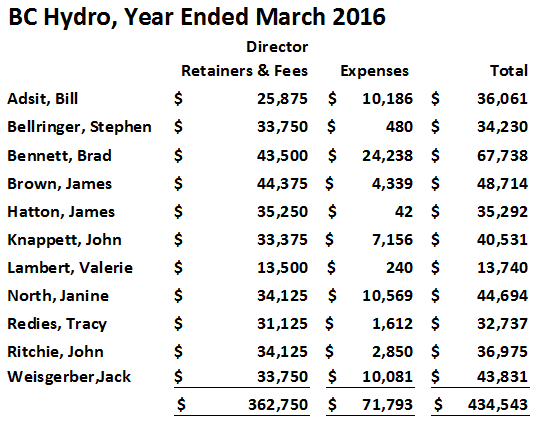 Clearly, BC Hydro has been in disarray for some time. In fact, it is operating as an affiliate of the BC Liberal Party. Of the eleven people collecting fees as directors of the province’s utility in the last fiscal year, all have records as party contributors or close associates of Liberal politicians. Some have business dealings impacted by business activities of BC Hydro.
Clearly, BC Hydro has been in disarray for some time. In fact, it is operating as an affiliate of the BC Liberal Party. Of the eleven people collecting fees as directors of the province’s utility in the last fiscal year, all have records as party contributors or close associates of Liberal politicians. Some have business dealings impacted by business activities of BC Hydro.